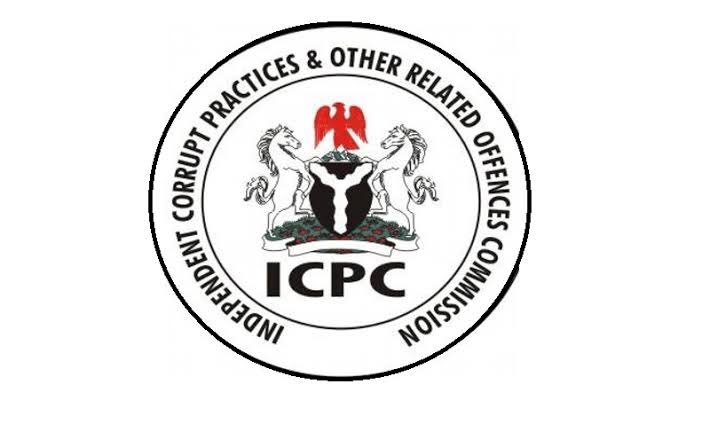In a bold move that has sparked conversations across the financial sector, Sterling Bank has taken the lead in advocating for the removal of bank transfer charges. The bank’s campaign aims to ease the financial burden on customers who face multiple fees for electronic transactions, a move that could reshape banking operations in Nigeria and beyond.
The Push for a Fee-Free Banking System
Sterling Bank’s initiative comes amid growing concerns over the cost of digital transactions. Many customers have expressed frustration over the cumulative effect of transfer fees, which can add up significantly over time. The bank’s leadership believes that abolishing these charges will not only benefit customers but also drive financial inclusion by encouraging more people to use formal banking services.
A Bold Stance in the Banking Industry
Sterling Bank has launched a public awareness campaign, calling on regulatory bodies such as the Central Bank of Nigeria (CBN) to reconsider existing policies on electronic transaction charges. The bank argues that removing these fees will enhance cashless transactions and boost the digital economy.
Industry analysts suggest that if the move gains traction, it could set a precedent for other banks to follow, ultimately benefiting millions of account holders who currently bear the cost of transfer fees. Some experts, however, caution that banks might need to find alternative revenue streams to compensate for the loss of transaction fee income.
Public and Industry Reactions
The response to Sterling Bank’s initiative has been mixed. Many customers and advocacy groups have welcomed the push for the elimination of transfer charges, seeing it as a step toward a more customer-friendly banking experience. On the other hand, some financial institutions have raised concerns about the impact on revenue generation, arguing that transfer fees help sustain operational costs and innovation in digital banking services.
Meanwhile, regulatory authorities have yet to issue a formal response to Sterling Bank’s call for change. If the movement gains enough public support, it could force policymakers to reconsider the framework governing electronic transaction charges.
What’s Next?
Sterling Bank’s leadership has vowed to continue its advocacy, urging both customers and industry stakeholders to join the conversation. Whether this effort will lead to an industry-wide policy shift remains to be seen, but the campaign has undoubtedly ignited a crucial debate about the future of banking fees.
As the banking industry evolves, the outcome of this protest could redefine how financial institutions balance profitability with customer satisfaction. For now, all eyes are on regulators and industry players to see how they respond to Sterling Bank’s bold move.








Leave a Reply